#Winston Ntshona
Explore tagged Tumblr posts
Text

A Dry White Season (1989). A white middle class South African suburbanite with no interest in politics agrees to help his black gardener find his jailed son. His investigation opens his eyes to the horrors committed by the secret police and turns him into a target.
It's so strange, having watched this for the first time only days before Donald Sutherland passed away. That's probably colouring my review now a bit, but honestly, he was just staggering as an actor. A generational talent on full display in this complex, brutal film about the South African Apartheid. He's bolstered by a tremendous supporting cast, a harrowing direction and a very good script, making this movie feel like one of the best in a genre that can often feel exploitative. Just a really, really good film anchored by the always brilliant Donald Sutherland, may he rest in peace. 8/10.
#a dry white season#1989#Oscars 62#Nom: Supporting Actor#Euzhan Palcy#andre p brink#colin welland#donald sutherland#janet suzman#Zakes Mokae#Susan Sarandon#marlon brando#Jürgen Prochnow#Winston Ntshona#south africa#american#apartheid#race#civil rights#crime#8/10
4 notes
·
View notes
Text
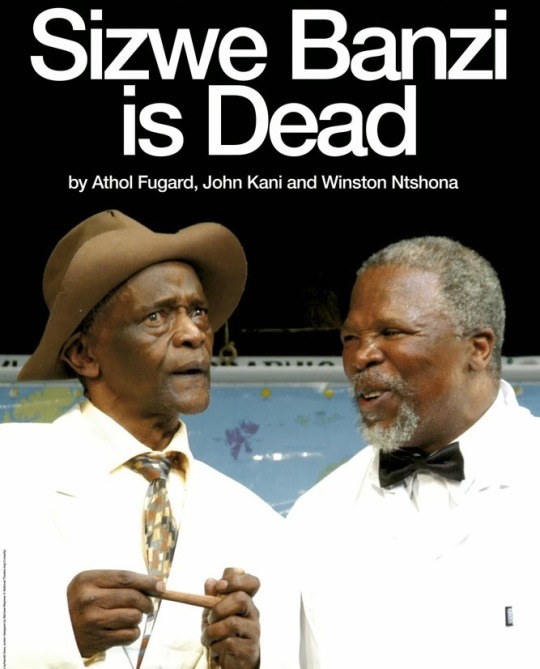
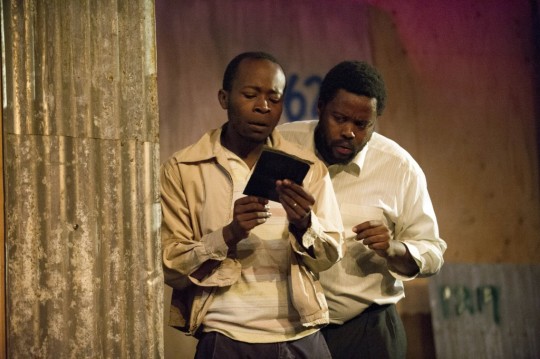
1 note
·
View note
Text
For this module's final assignment I need to write an exploration of the non-neutrality of art, and it has been really eye-opening.
Initially I conceived of the question in terms of something being politically non-neutral – until it occurred to me that audiences often want to politicise art instead of engaging with it from a place of empathy, interest or artistic and/or cultural appreciation. Most of us online (or in real life) have encountered people who engage with art from other cultures or minorities as a sort of... moral duty, I guess. Not because they're appreciating the art on its own merit, but because they think this will make them a better activist, and therefore a better person. They treat the art as if it is made for their education, their consumption, their political agenda. Little to no thought is given to the people who made it, or to the art itself.
In an 1975 interview, two black South African actors and playwrights, John Kani and Winston Ntshona, try to explain to their interviewers that their play The Island is in no way, shape or form intended as a political play, regardless of the political pressures and movements happening around it. The interviewers really struggle to grasp this. It isn't until page 16 of the transcript that they start to see what Kani and Ntshona are saying.
The Island is about two prisoners who put on a production of Antigone. It is deeply, deeply rooted in the cultural and social context of apartheid South Africa; it was illegal to represent or discuss prison conditions, making this an extremely transgressive and dangerous performance. To the interviewers, who are members of the African Activists Association and A Journal of African Studies, this must surely be a political statement. They even suggest that there should have been more overt or explicit political themes added in. Ntshona and Kani both respond by repeating the phrase "art is life and life is art".
What you’re going to see on stage is never no ghosts, no apparitions; those are human beings talking about their lives, their immediate surroundings. — Winston Ntshona We will invite the people to come and see into our lives, the way it is. — John Kani
For them, The Island was an exploration and expression of "life at home [in South Africa] as blacks" (Winston Ntshona); politics and all the rest are just "labels". More than that, it's about the art itself, and the process of making it. About the South African languages and cultures, and their love of these things, and about the time, effort and energy they put into honing their craft to tell this story. As soon as you make it about politics, you start to lose the all-important human aspects of the art.
Here is what really gets me: It's easy to say that the issue of politicising art is an issue of Western/white/colonial powers viewing the rest of the world through a dehumanising political lens. (In other words, people from privileged nations see art and people from other places as products or as props for political discussion, without considering their worth in their own right.) – and yes! A big part of the problem is rooted in colonialism, racism and orientalism! In the global north we tend to hear about the global south only when the news is reporting on tragedies, politics, unrest and more politics. You know, you get human interest stories from your own country that highlight and uplift your immediate culture, but everything you hear about the global south is overwhelmingly negative and focused on situations and politics rather than people. That, and colonial legacies and current imperialist policies are inherently political, in that they're going to require serious political reforms to solve.
But more than that, I think, it is really really difficult for anyone to transport themselves into someone else's shoes when those shoes are made for very different feet. Within the interview, a commenter from Nigeria says that although they are Black and have lived under the yoke of colonialism, they are probably as ignorant of life in South Africa specifically as an American is. On a more global scale, so much art is informed by the world around it, and unfortunately "globalisation" so often means "imposition of western culture"; the rest of the world gains at least a passing familiarity with the West because they have to, but it's a one-way street. On a smaller scale, two people from two different neighbouring countries in, say, Europe can have very different cultural ideas of how things "should" be done simply because that's how they live and what they're used to. Think about all the discourse about whether you should smile at strangers in public! Crucially, in the interview, you can really see the interviewers grappling with the non-universality of their own experiences, even though there is solidarity founded in racism and colonialism. That's what opens up a more productive conversation. Not talk of politics, but of people – and a willingness to listen to those people.
It takes work. I wholeheartedly believe that humans are by and large inherently empathetic or sympathetic, or at least pack-bonders. But I also believe (and maybe this is the autism) that these are skills you have to consciously cultivate. We have a responsibility to one another to do so. Talking in the abstract and large-scale terms of politics may be more comfortable because it doesn't require you to push fellow feeling beyond your immediate cultural context, but politics aren't everything. People are. And art is the oldest and deepest expression of who we are as people that we have.
31 notes
·
View notes
Text
june's november reads
i'm late but what ever. here's what i read in november
books
ovid's heroines, trans. clare pollard
plays
stories under occupation: and other plays from palestine (anthology)
love is the greater labyrinth, sor juana inés de la cruz
an enemy of the people, henrik ibsen
sakuntala, kalidasa
the island, athol fugard, winston ntshona, and john kani
antigone, jean anouilh (reread)
claudius, ken gass
poetry
in the desert, stephen crane
articles
sivert das' article on cripface in toronto theatre which made a little rumble on my canadian theatre goingson register
"my doctor is lacking insight"
the abyss, an article about amnesia which i read instead of paying attention in class when we were talking about memento which i also watched and was just kind of mad that i had to watch for that class because it had nothing to do with anything but like is good. i guess.
and many many many articles for class.
9 notes
·
View notes
Text
WINSTON NTSHONA in "The Wild Geese" - Original Vintage PORTRAIT ...
eBay
0 notes
Text
The Dogs of War Movie Review
Zangaro, the fictional African country in The Dogs of War, is something like Zamunda's poor, small neighbor — especially small. North (Colin Blakely), a British documentarian, informs James Shannon (the invaluable Christopher Walken) that a week after taking office, President Kimba sent his opponents, Colonel Bobi (George Harris) and Dr. Okoye (Winston Ntshona), into exile and jail, respectively. When Shannon, a mercenary on a reconnaissance mission to determine the feasibility of a coup d'état, is arrested, what are the odds that he'll briefly find himself in the same cell as the good doctor? Apparently, as good as the odds of befriending one of Kimba's mistresses. Contrived coincidences aside, director John Irvin wisely favors, like the Frederick Forsyth novel upon which the film is based, an 'ask questions first, shoot later' philosophy; as a result, a large portion of the 100-minute running time is devoted to the preparations and logistics of the coup — which itself is left for the film's climax (an approach reminiscent of The Dirty Dozen), and is over before soon-to-be-ex-president Kimba knows what hit him. Shannon's personal life, or lack thereof, also receives a lot of attention, which helps explain his willingness to pursue this line of work in general, and his decision to return to Zangaro following his traumatic first experience in the country in particular. The reasons behind the coup, in contrast, are not explored as thoroughly; in a nutshell, Roy Endean (Hugh Millais), an English businessman, is interested in a recently discovered platinum deposit on Zangaro. Basically, the only difference between Kimba and Bobi is that, as the latter puts it, “He wants to be God, I want to be rich”; meanwhile, Endean explains that "The people I represent will not do business with a madman." Ergo, out with Kimba and in with Bobi — these plans, though, are subject to change, considering that Shannon may or may not have his own agenda. Ed O'Neill, in just his second film credit, has a pre-Married with Children cameo, and the ever-reliable Tom Berenger is Shannon's lieutenant, but The Dogs of War is, as it should be, Walken’s film through and through.
0 notes
Text
Theatre Review: ‘Sizwe Banzi is Dead’ at Arena Players
In October, 1972, a new play made its world premiere in Cape Town, South Africa. Published under the title “Sizwe Bansi [sic] is Dead,” the piece was devised by Athol Fugard, John Kani, and Winston Ntshona. It was performed by Kani and Ntshona, and directed by Fugard. As a playwright, Athol Fugard is likely best […] See original article at: https://mdtheatreguide.com/2023/04/theatre-review-sizwe-banzi-is-dead-at-arena-players/
1 note
·
View note
Text
now that I think about it, I could probably have done the comparison between Iphigenia and Electra -- since Euripides wrote a version -- if I wanted to do plays we read in class, but I'd already written about Electra in a previous paper about Aeschylus' Oresteia, and again on comparing the three Electras so I was kinda tired of her after that, unfortunately
also I know this is off topic -- I'm not usually a fan of modern adaptions, but Wole Soyinka's The Bacchae of Euripides was my favorite of ones we read this semester. The Island by Athol Fugard, John Kani, and Winston Ntshona is another one I can wholeheartedly recommend
cannot say the same for Satre's The Flies as an adaptation of Antigone because I fundamentally disagree with existentialism so those were not fun discussion days for me, but others in the class did enjoy it, so personal preference, honestly
going through Iphigenia at Aulis again for my final paper of the semester, and have an interesting passage that I came across while looking for quotes --
Achilles: When I witness the nobility of your soul I yearn all the more for your love. So listen, I long to help you. I long to win you for my home. Thetis is my witness, it will be my loss. if I do not check the Greeks and save you. Remember, death is a terrible thing. Iphigenia: Without misgiving, I must say this: Helen the Tyndarid has done enough harm by her beauty in whipping up strife and making men shed blood. Therefore, good stranger prince, do not die for me. Kill nobody. Allow me to save Greece if I can. Achilles: O illustrious one, what more can I say if that is your decision? Your whole attitude is wonderful. That is the truth. Nonetheless, should you change your mind, this I want you to know: I shall put my weapons at the ready by the altar to rescue you from dying. Perhaps you will take my offer up when you see the sword come near your throat. I shall never let you die for a ridiculous decision. I’ll take take these weapons of mine to the temple of Artemis and await you there.
#I did a presentation on The Bacchae by Euripides and I have a couple of JSTOR articles I found interesting on the topic somewhere#I am a running faucet on the topic today because I am Stressed
18 notes
·
View notes
Text
"The Wild Geese" (1978) - Andrew V. McLaglen







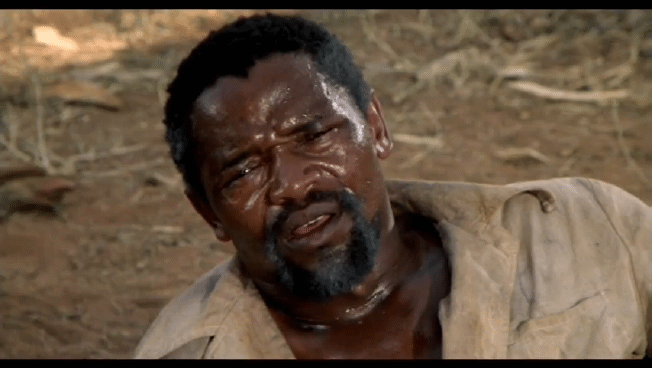
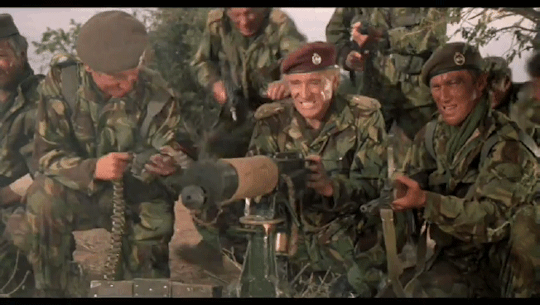

Films I've watched in 2022 (180/210)
Watch/download the full film on Archive.org:
#films watched in 2022#The Wild Geese#Richard Burton#Barry Foster#Richard Harris#Roger Moore#Stewart Granger#Winston Ntshona#Andrew V. McLaglen#action film#motionpicturelover's gifs
2 notes
·
View notes
Text
‘The Island’ Epiphany
I’m writing an essay and only just figured out the beautiful irony in Winston using burning his passbook as a symbol of his masculinity while arguing against why he shouldn’t be Antigone because she’s a woman. I love that.
#the island#john kani#winston ntshona#athol fugard#township plays#antigone#english literature#studyblr
3 notes
·
View notes
Text
#a dry white season#film#review#euzhan palcy#donald sutherland#janet suzman#jürgen prochnow#zakes mokae#susan sarandon#marlon brando#winston ntshona#thoko ntshinga#john kani#michael gambon
1 note
·
View note
Link
#theater#winston ntshona#actors#playwrights#john kani#serpent players#south african theater#Sizwe Banzi Is Dead#the island#athol fugard
10 notes
·
View notes
Text
Identity and atrocity: international theatre since 1945
Identity and atrocity: international theatre since 1945






This post is a quick resource for students attending my lecture series (title above) in HT 2019. Links to all the handouts shared online are available below. Feedback is welcome, either in the comments section to this post or via email ([email protected]). The last lecture in the series will take place this Friday (Friday 15 February 2019) at 11 a.m. in Seminar Room K. All welcome.
We…
View On WordPress
#athol fugard#Caryl Churchill#john kani#lolita chakrabarti#martin sherman#red velvet#samuel beckett#sarah kane#tennessee williams#timberlake wertenbaker#winston ntshona
0 notes
Text
7 Things You Didn't Know About John Kani | RSC Key Members' Room | Royal Shakespeare Company
7 Things You Didn't Know About John Kani
If you've been curious to find out a little more about actor, writer and activist John Kani, you've come to the right place!
It’s been ten years since John Kani and Antony Sher last appeared together at the Royal Shakespeare Company, and now the pair are together on stage again in Kunene and the King, which has recently opened in the Swan Theatre.
Kunene and the King marks 25 years since the first post-apartheid democratic elections in South Africa, and reflects on a quarter century of change in this country. Did you know that, as well as performing in it, John Kani also wrote this two-hander production?
To celebrate John’s return to the RSC, we wanted to share some amazing facts about the award-winning playwright, actor and activist.
John has won a Tony Award
John’s work on both Sizwe Banzi is Dead and The Island in the 1970s saw him win a Tony Award for Best Actor, and a Tony nomination for best play, alongside his friend, the late Winston Ntshona.
Both plays premiered in South Africa (1972/73) before transferring to the Royal Court in London a year later. After a critically acclaimed run, they then transferred to the Ambassadors, before winning The London Theatre Critics Award. The shows then arrived on Broadway, at the Edison Theatre, to critical acclaim, with John and Winston co-winning the Tony Award for Best Actor.
He's everyone's favourite monkey in The Lion King
In the live action version of the Disney classic coming out this year, John voices Rafiki, whose name means “friend” in Swahili, and is the wise old mandrill who iconically presents Simba above Pride Rock at the beginning of the film.
Wakanda Forever
“You're a good man with a good heart. And it's hard for a good man to be king” – King T’Chaka
You may have seen John in the role of King T’Chaka in Marvel’s Black Panther (2018) and in Captain America: Civil War (2016). T’Chaka is the father to T’Challa – aka Black Panther – and was formerly the King of Wakanda. He is also not the only member of the Kani family to appear in the Marvel franchise. The actor playing the younger version of King T’Chaka is actually John's son, Atandwa Kani.
John also played an integral role in advising on the accurate use of Xhosa* in the film.
*Xhosa is an Nguni Bantu language with click consonants and is one of the official languages of South Africa
John has been at the RSC before
The last time John Kani was at the RSC was the same year Matt Smith was named as the new Doctor Who, Cristiano Ronaldo left Manchester United, and an airliner landed safely on the Hudson River in New York.
John last appeared in Janice Honeyman’s The Tempest in 2009 as Caliban, with Antony Sher playing the role of Prospero alongside him. 10 years on from their last RSC show together, Janice, Antony and John have now reunited for Kunene and the King.
Before this he was also in Hamlet during the 2006 Complete Works Festival - a production which was directed by fellow South African Janet Suzman and provided a vivid reflection of South Africa as the Rainbow Nation.
He has threats made on his life
In 1985 John appeared in a production of Miss Julie at the Baxter Theatre, Cape Town, which marked the first on-stage occurrence of a black man kissing a white woman (Sandra Prinsloo) on stage under the apartheid regime. Under the apartheid, interracial relationships and marriages were forbidden and against the law. Not only did the majority of the South African audience walk out of the play, but John also received threats on his life, public vilification and was even attacked, receiving eleven stab wounds.
…and he has a prosthetic eye
After Sizwe Banzi is Dead and The Island – productions that raised several questions about South Africa’s political system, particularly in relation to apartheid – had finished their runs in the USA, John returned to South Africa where he received a phone call from his father inviting him over to his house.
On his way there, John was intercepted by the police who beat him and left him for dead. During the attack he lost his eye and now wears a glass prosthetic.
He was the first black actor to play Othello in South Africa
“I’d just done a play called The Native Who Caused All the Trouble at the Market Theatre, when Janet Suzman came to me and said: “it’s about time,” to which I say, “what…?”. “To do the big one of course!” and I say “Janet, what are you talking about?” and she says: “Othello!” to which I say, “Oh no! I carry eleven stab wounds on my body, have survived assignation, been detained and have to be careful even walking the street because everybody wants me dead”. So, thank you, but I am not going to do this play… But then I went home and thought “it’d be nice to do it all again.” I told Janet I had one condition. I said I would only do it if I was the only black actor.” – John Kani
Seven years before the end of apartheid, in 1987, John became the first black South African actor to play Othello on stage. Performing opposite Joanna Weinburg as Desdemona, and directed by Janet Suzman, the play ran at the Market Theatre and opened to rave reviews – but John still received threats from the authorities.
2 notes
·
View notes
Photo










# 0 7 - W O R K H U B
Project brief:
INTRODUCTION
I have been approached by a dynamic urban renewal group to design a Live/Work Hub on the piece of land adjoining Russell Road and Winston Ntshona Street in Port Elizabeth. They see this as a green self- contained Urban sector that will influence and set the tone for the surrounding area. This site is located in an area which has been upgraded substantially over the last eight years, if one considers the urban upgrade of the Donkin Terrace and Constitutional Hill. However this area to the north abutting Russell Road is largely degraded. Therefore a carefully considered contemporary approach is advised, with consideration given to scale, material, composition and the public edge. Think of this project as the catalyst for the renewal of this edge of the Central Business District. It is also a very “visible/prominent” site which is located on a key intersection and therefore has the potential to become a pivotal intervention.
THE DESIGN
The building needs to be designed to utilize its position within its urban context as much as possible and needs to contribute to an urban quality at street level. It is also envisaged that the building will be sustainable and green and that it would introduce greening elements into an otherwise very hard urban landscape. A link with the surrounding developments and activities needs to be investigated. It also needs to maintain a respect for the scale values of the existing urban fabric.
Design Criteria :
• Successful passive climate control
• Sustainability of the building
• Appropriate Contextual Approach
• Design and Detail research
Innovative design in terms of Functionality and spatial composition
1 note
·
View note
Text
In Memoriam 2018
Happy New Year everyone. It’s time to remember the well known icons of entertainment that we lost in 2018.
Ray Thomas - musician (The Moody Blues) (1941 - 1/4/2018)

Jerry Van Dyke - actor (1931 - 1/5/2018)

France Gall - singer (1947- 1/7/2018)

Donnelly Rhodes - actor (1937 - 1/8/2018)
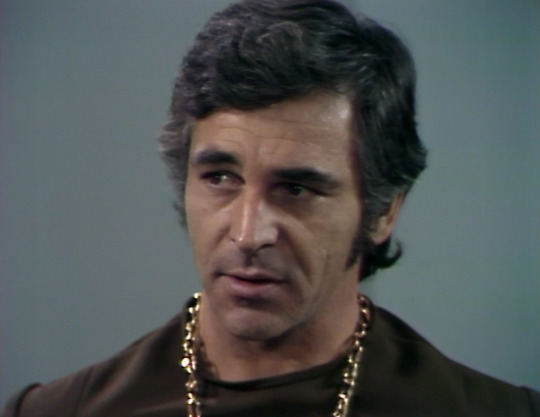
Terence Marsh - production designer (1931 - 1/9/2018)

Eddie Clarke - musician (Motorhead) (1950 - 1/10/2018)
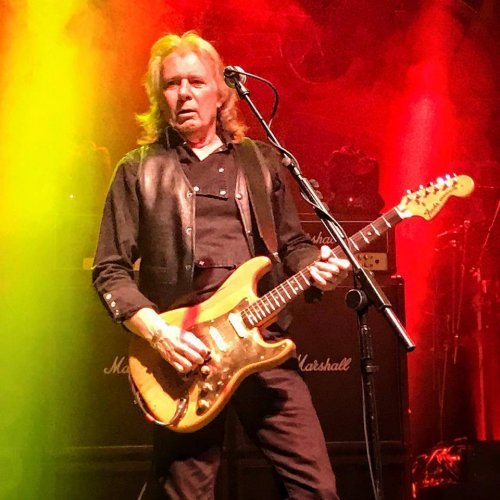
Jean Porter - actress (1922 - 1/13/2018)

Edwin Hawkins - gospel singer (1943 - 1/15/2018)
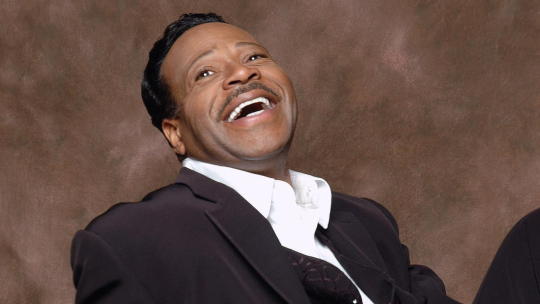
Dolores O’Riordan - singer, musician (The Cranberries) (1971 - 1/15/2018)

Bradford Dillman - actor (1930 - 1/16/2018)

Dorothy Malone - actress (1924 - 1/19/2018)
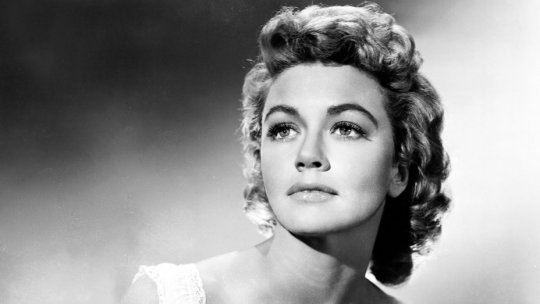
Jim Rodford - musician (The Zombies, The Kinks, Argent) (1945 - 1/20/2018)
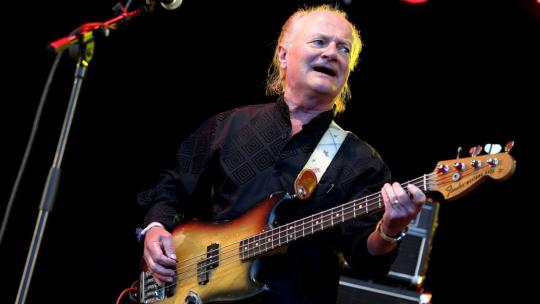
Connie Sawyer - actress (1912 - 1/21/2018)

Hugh Masekela - musician (1939 - 1/23/2018)

Dennis Edwards - singer (The Temptations) (1943 - 2/1/2018)

John Mahoney - actor (1940 - 2/4/2018)

Kenneth Haigh - actor (1929 - 2/4/2018)

Reg E. Cathy - actor (1958 - 2/9/2018)

John Gavin - actor (1931 - 2/9/2018)
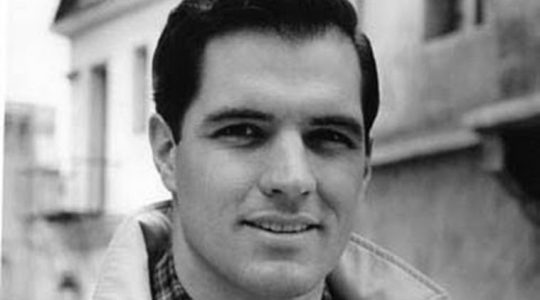
Jóhann Jóhannsson - film composer (1969 - 2/9/2018)
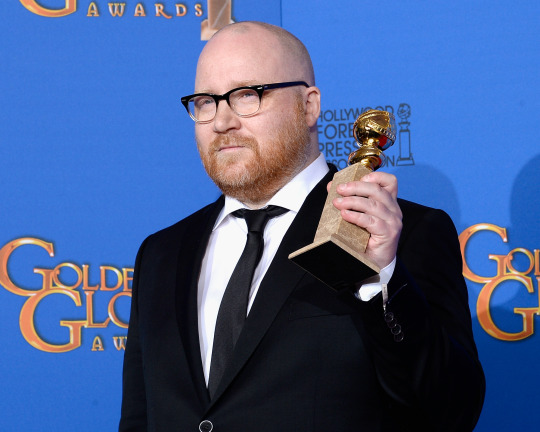
Vic Damone - singer, actor (1928 - 2/11/2018)
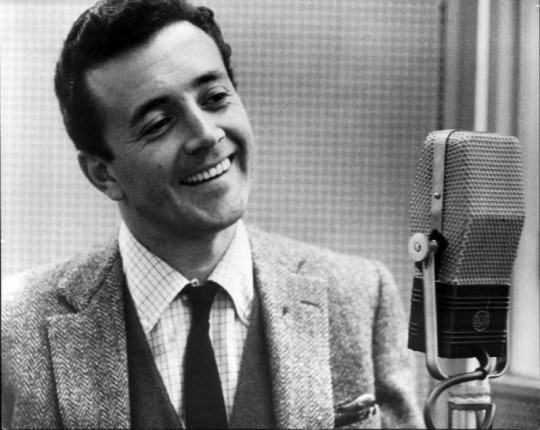
Jan Maxwell - actress (1956 - 2/11/2018)
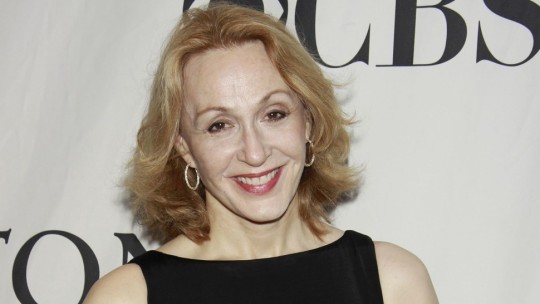
Idrissa Ouédraogo - director (1954 - 2/18/2018)
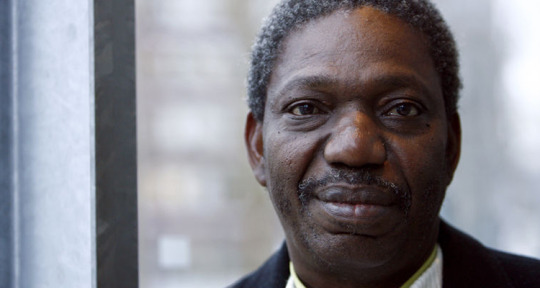
Nanette Fabray - singer, actress (1920 - 2/21/2018)

Lewis Gilbert - director (1920 - 2/23/2018)

Bud Luckey - animator, director, actor (1934 - 2/24/2018)

David Ogden Stiers - actor (1942 - 3/3/2018)

Hubert de Givenchy - fashion designer (1927 - 3/9/2018)
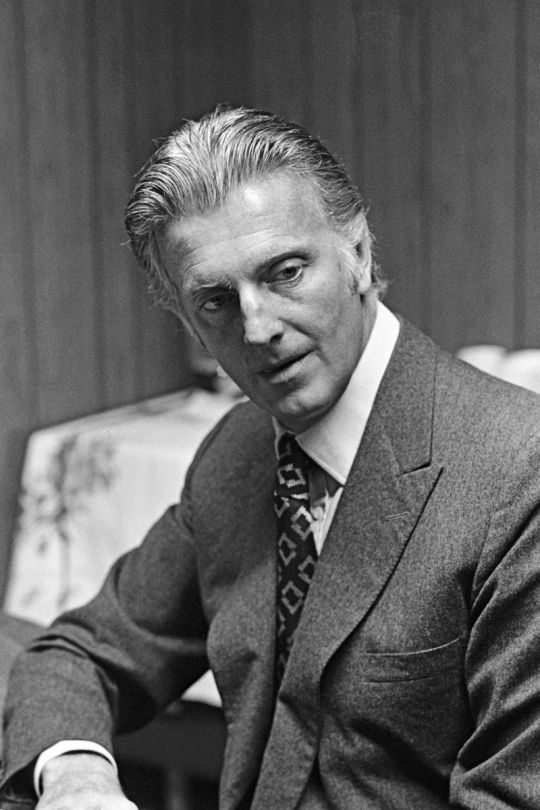
Ken Dodd - actor, comedian, singer (1927 - 3/11/2018)

Stephen Hawking - scientist, personality (1942 - 3/14/2018)

Delores Taylor - actress (1932 - 3/23/2018)
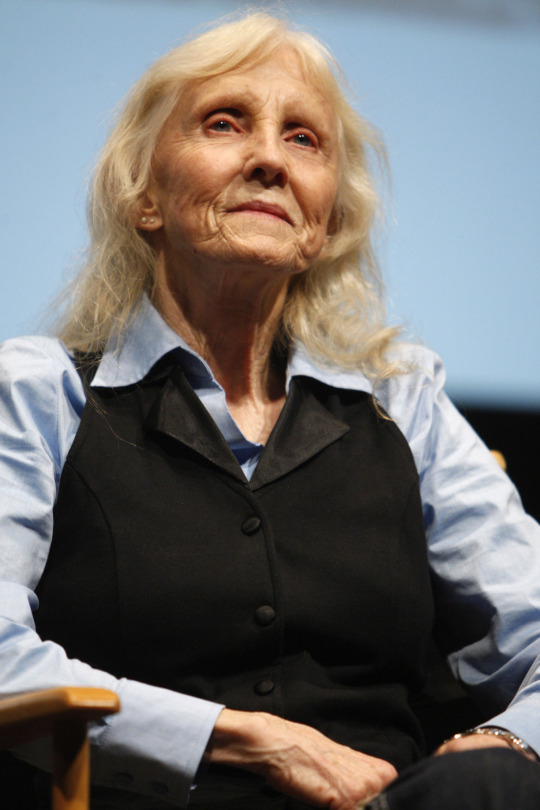
Stéphane Audran - actress (1932 - 3/27/2018)
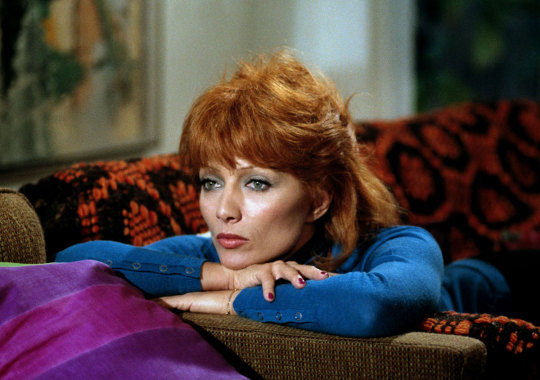
Steven Bochco - producer (1943 - 4/1/2018)
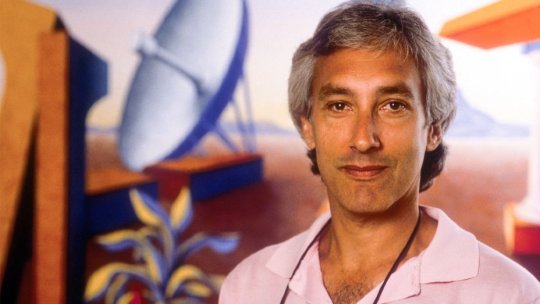
Susan Anspach - actress (1942 - 4/2/2018)
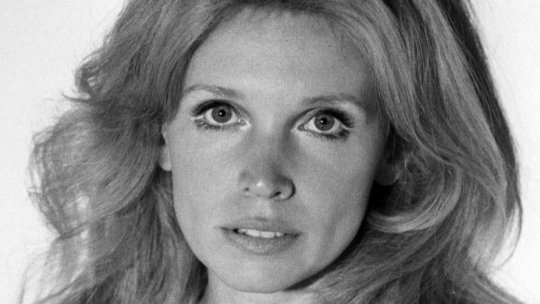
Isao Takahata - director, animator, screenwriter, producer (1936 - 4/5/2018)

Chuck McCann - actor, comedian (1934 - 4/8/2018)

Milos Forman - director (1932 - 4/13/2018)
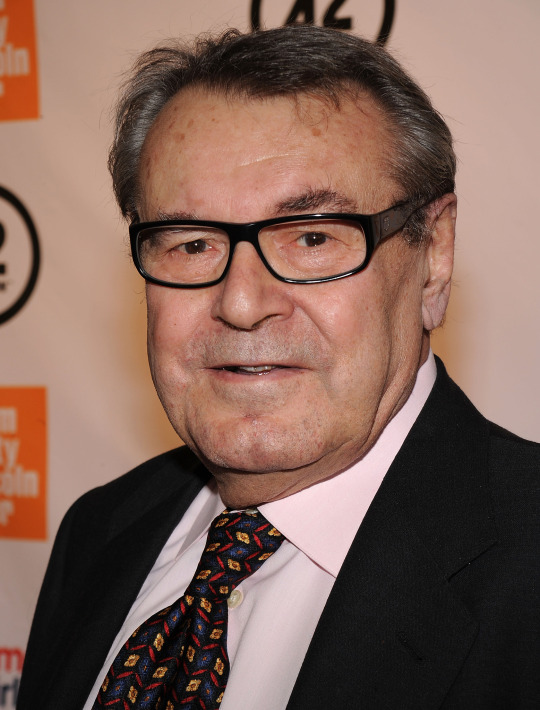
R. Lee Ermey - actor (1944 - 4/15/2018)
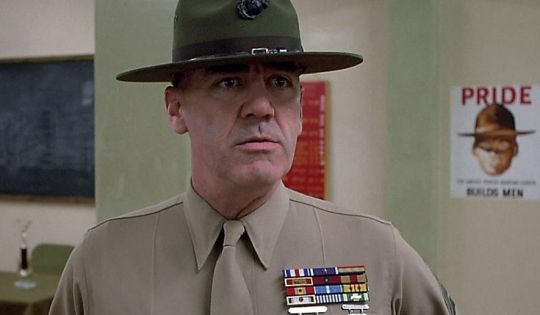
Harry Anderson - actor, magician (1952 - 4/16/2018)

Verne Troyer - actor (1969 - 4/21/2018)

Michael Anderson - director (1920 - 4/25/2018)

Charles Neville - musician (The Neville Brothers) (1938 - 4/26/2018)

Lester James Peries - director (1919 - 4/29/2018)

Robert Mandan - actor (1932 - 4/29/2018)

Ermanno Olmi - director (1931 - 5/5/2018)
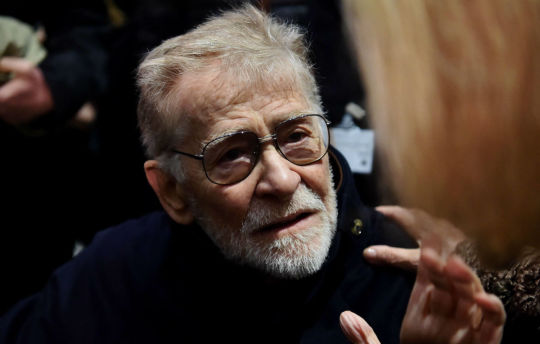
Anne V. Coates - editor (1925 - 5/8/2018)

Margot Kidder - actress (1948 - 5/13/2018)

Tom Wolfe - author, journalist, personality (1930 - 5/14/2018)
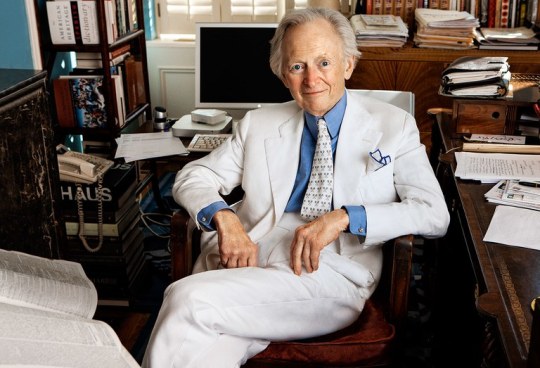
Joseph Campanella - actor (1924 - 5/16/2018)

Patricia Morison - actress (1915 - 5/20/2018)
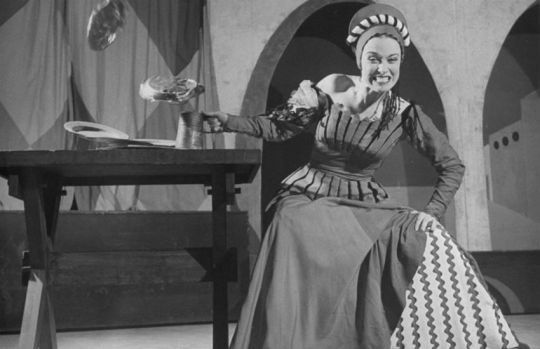
Clint Walker - actor (1927 - 5/21/2018)

Philip Roth - author (1933 - 5/22/2018)
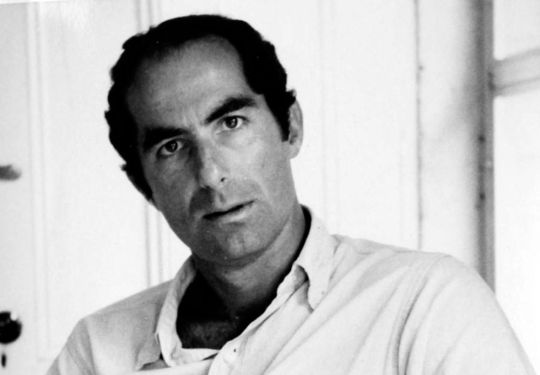
Jerry Maren - actor (1920 - 5/24/2018)

Kate Spade - fashion designer (1962 - 6/5/2018)
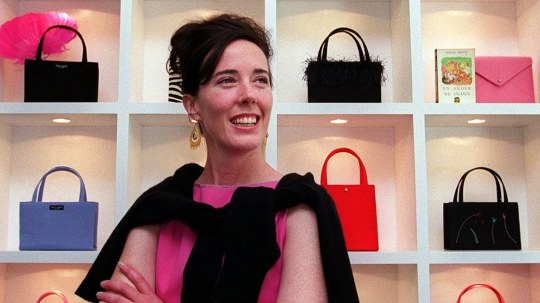
Anthony Bourdain - chef, personality (1956 - 6/8/2018)
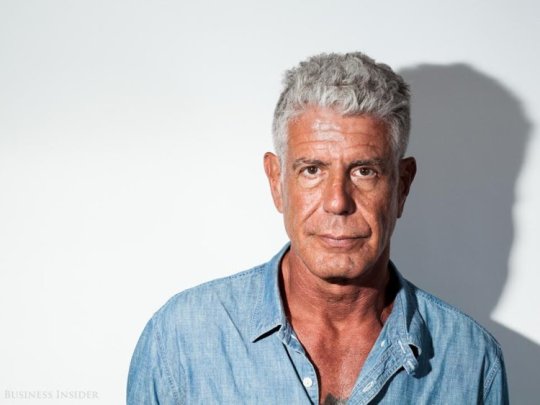
Eunice Gayson - actress (1928 - 6/8/2018)

Danny Kirwan - musician (Fleetwood Mac) (1950 - 6/8/2018)
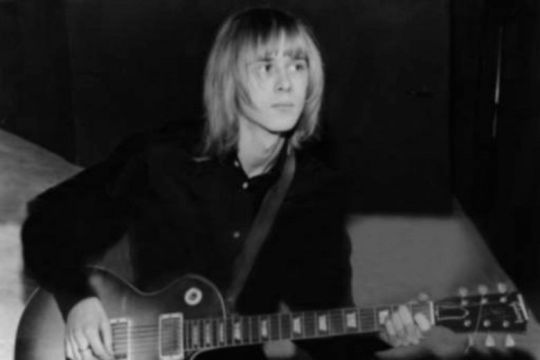
Jon Hiseman - musician (Colosseum, John Mayall’s Bluesbreakers) (1944 - 6/12/2018)

Matt “Guitar” Murphy - musician (The Blues Brothers) (1929 - 6/15/2018)
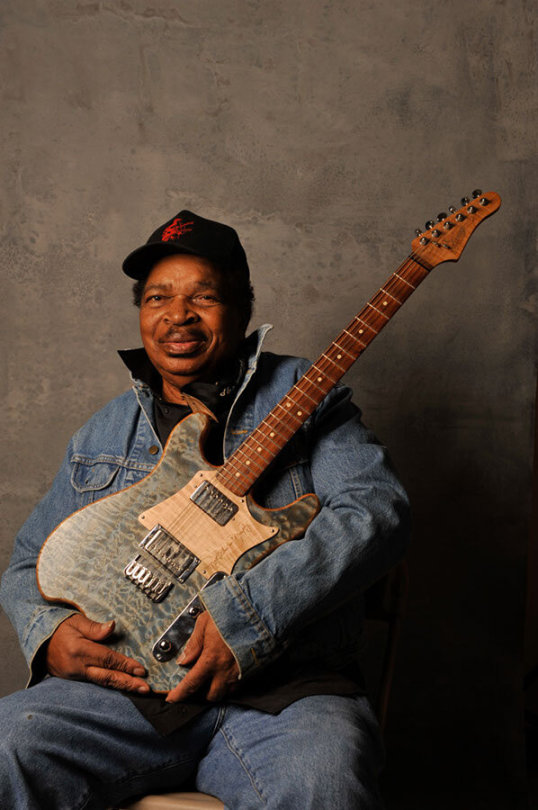
XXXTentacion - rapper (1998 - 6/18/2018)
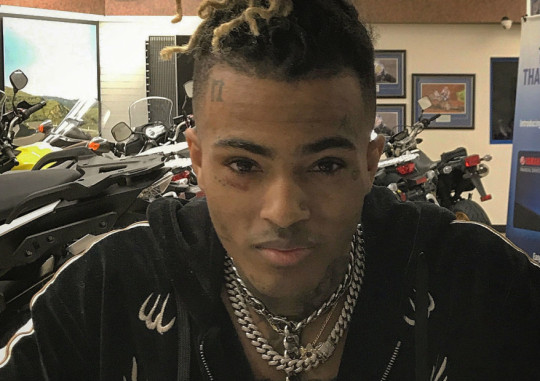
Vinnie Paul - musician (Pantera, Damageplan) (1964 - 6/22/2018)

Harlan Ellison - author (1934 - 6/28/2018)

Steve Ditko - comic book writer/artist (1927 - 6/29/2018)

Gillian Lynne - dancer, choreographer (1926 - 7/1/2018)

Robby Muller - cinematographer (1940 - 7/4/2018)

Claude Lanzmann - director (1925 - 7/5/2018)

Tab Hunter - actor, singer (1931 - 7/8/2018)
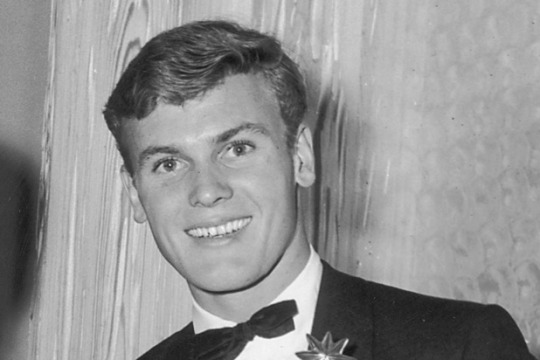
Roger Perry - actor (1933 - 7/12/2018)

Yvonne Blake - costume designer (1940 - 7/17/2018)

Mary Carlisle - actress (1914 - 8/1/2018)

Winston Ntshona - playwright, actor (1941 - 8/2/2018)
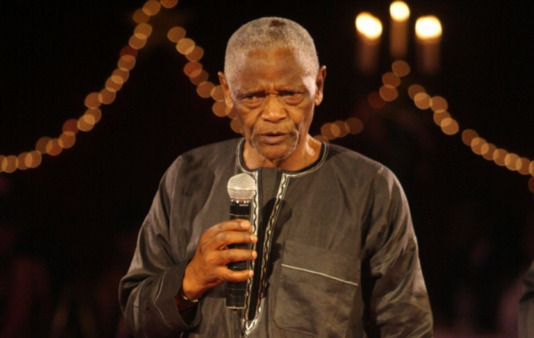
Moshe Mizrahi - director (1931 - 8/3/2018)
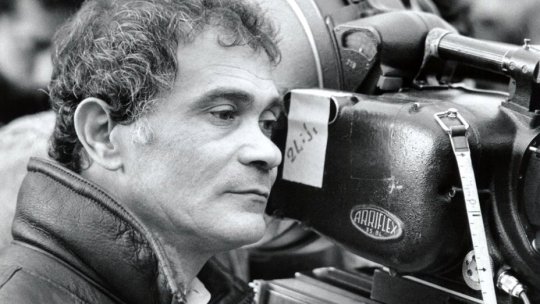
Charlotte Rae - actress (1926 - 8/5/2018)
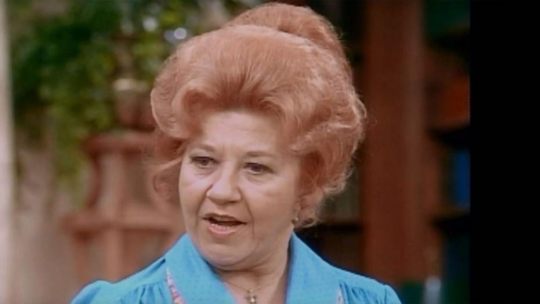
Aretha Franklin - singer (1942 - 8/16/2018)
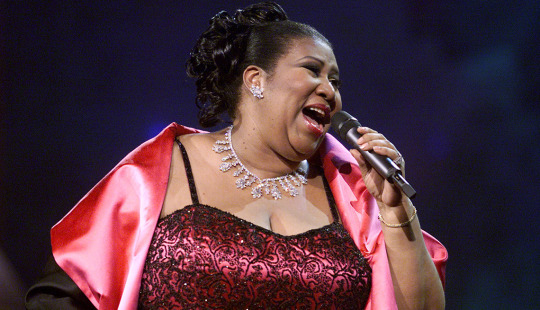
Brian Murray - actor (1937 - 8/20/2018)

Barbara Harris - actress (1935 - 8/21/2018)

Robin Leach - personality (1941 - 8/24/2018)

Neil Simon - playwright, screenwriter (1927 - 8/26/2018)
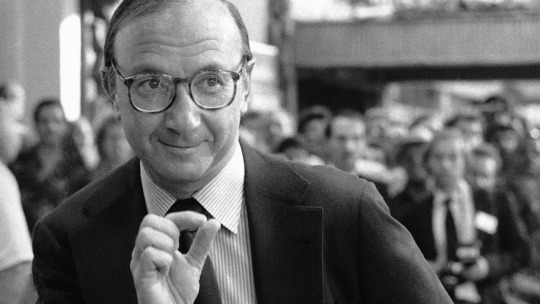
Paul Taylor - dancer, choreographer (1930 - 8/29/2018)
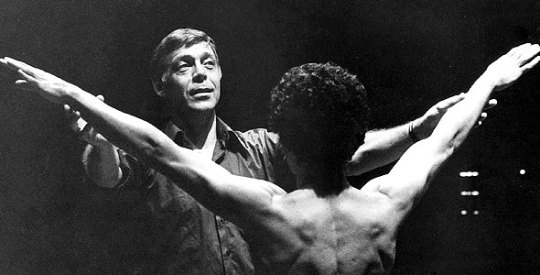
Carole Shelley - actress (1939 - 8/31/2018)

Jacqueline Pearce - actress (1943 - 9/3/2018)
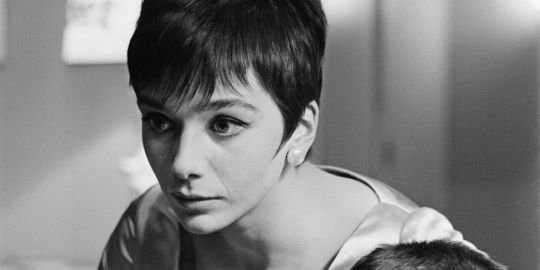
Bill Daily - actor (1927 - 9/4/2018)

Christopher Lawford - actor (1955 - 9/4/2018)
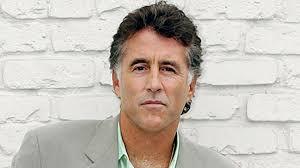
Liz Fraser - actress (1930 - 9/6/2018)
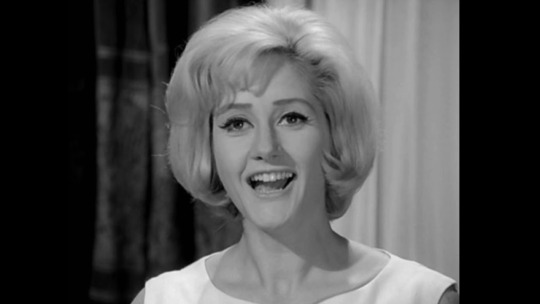
Burt Reynolds - actor (1936 - 9/6/2018)

Mac Miller - rapper (1992 - 9/6/2018)

Peter Donat - actor (1928 - 9/10/2018)
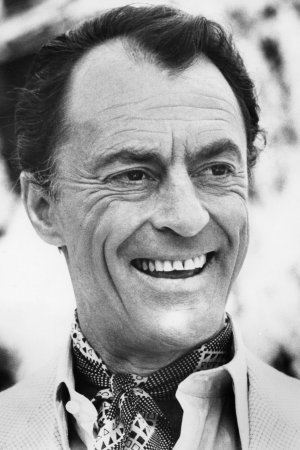
Fenella Fielding - actress (1927 - 9/11/2018)

Marin Mazzie - actress, singer (1960 - 9/13/2018)

Dudley Sutton - actor (1933 - 9/15/2018)
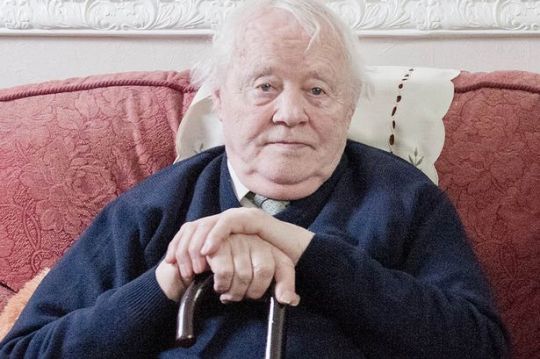
Arthur Mitchell - dancer, choreographer (1934 - 9/19/2018)

Denis Norden - comedy writer (1922 - 9/19/2018)
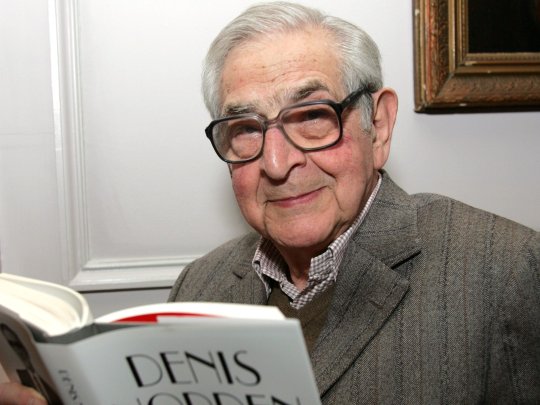
Al Matthews - actor (1942 - 9/22/2018)
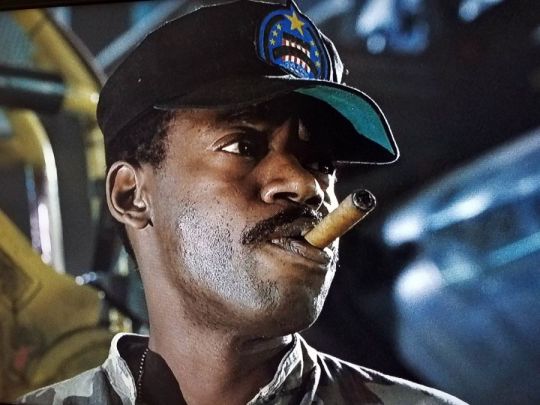
Otis Rush - musician (1934 - 9/29/2018)
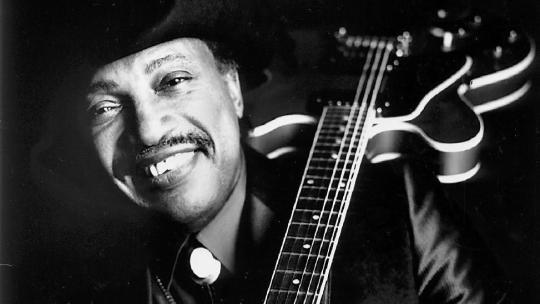
Charles Aznavour - singer, actor (1924 - 10/1/2018)

Geoff Emerick - recording engineer (1945 - 10/2/2018)

Will Vinton - animator (1947 - 10/4/2018)

Audrey Wells - screenwriter, director, producer (1960 - 10/4/2018)
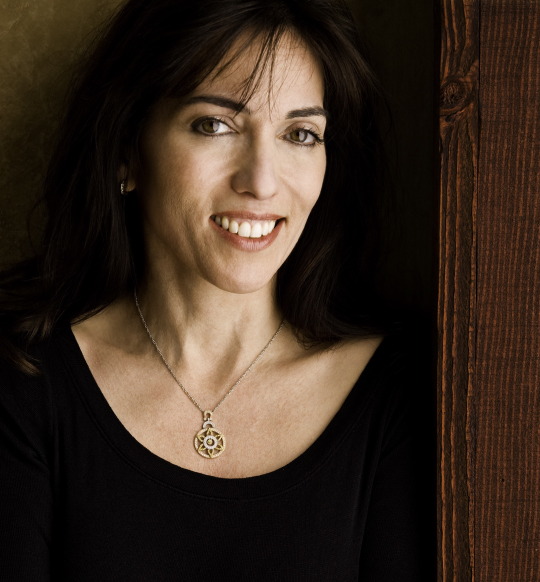
Montserrat Caballe - opera singer (1933 - 10/6/2018)
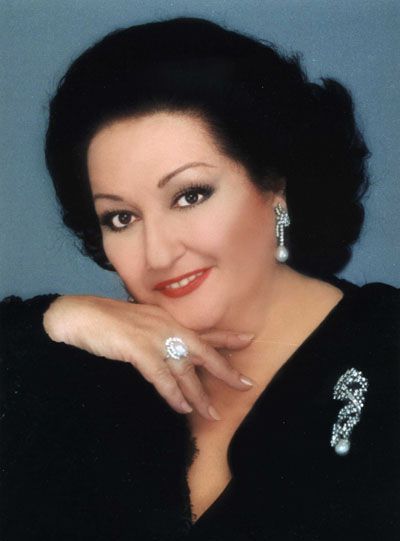
Scott Wilson - actor (1942 - 10/6/2018)

Peggy McCay - actress (1927 - 10/7/2018)

Arnold Kopelson - producer (1935 - 10/8/2018)

James Karen - actor (1923 - 10/23/2018)
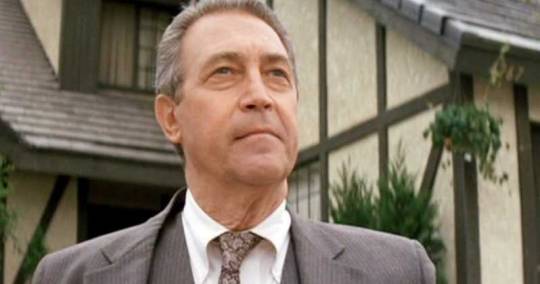
Ntozake Shange - playwright, poet (1948 - 10/27/2018)

Raymond Chow - producer (1927 - 10/2/2018)
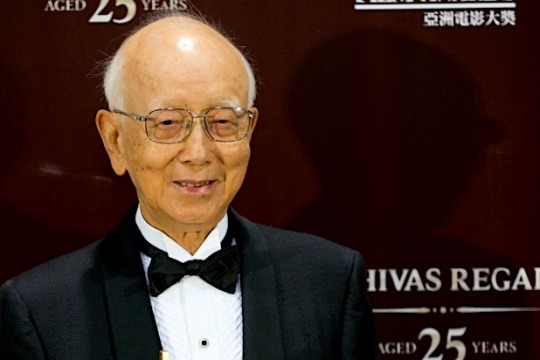
Roy Hargrove - musician (1969 - 11/2/2018)

Sondra Locke - actress (1944 - 11/3/2018)
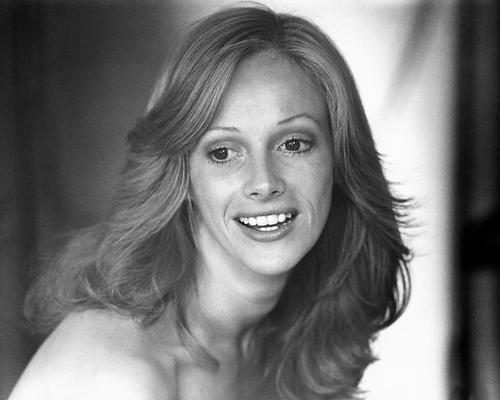
Francis Lai - film composer (1932 - 11/7/2018)
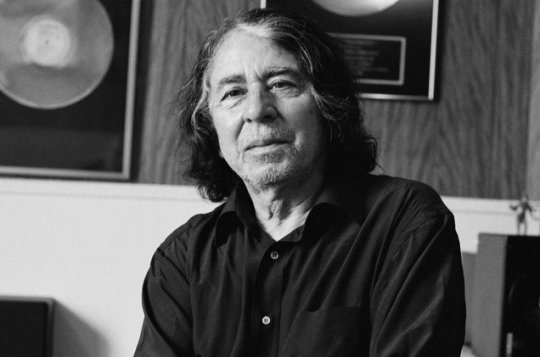
Douglas Rain - actor (1928 - 11/11/2018)

Stan Lee - comic book writer, editor, actor (1922 - 11/12/2018)
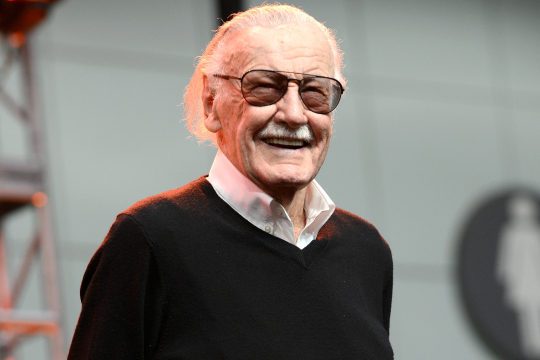
Katherine MacGregor - actress (1925 - 11/13/2018)

John Bluthal - actor (1929 - 11/15/2018)

Roy Clark - country singer (1933 - 11/15/2018)

William Goldman - novelist, playwright, screenwriter (1931 - 11/16/2018)
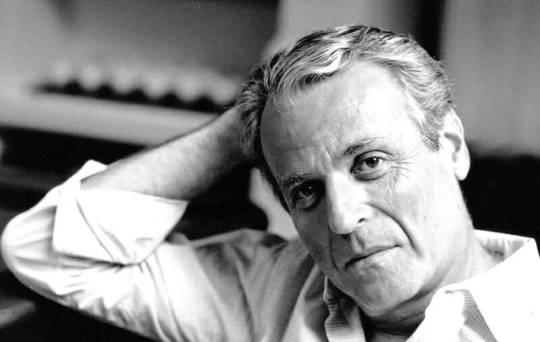
Bernardo Bertolucci - director, screenwriter (1941 - 11/26/2018)

Stephen Hillenburg - cartoonist, animator (1961 - 11/26/2018)

Ken Berry - actor (1933 - 12/1/2018)

Philip Bosco - actor (1930 - 12/3/2018)

Pete Shelley - singer (Buzzcocks) (1955 - 12/6/2018)

Nancy Wilson - singer (1937 - 12/13/2018)

Penny Marshall - actress, director (1943 - 12/17/2018)
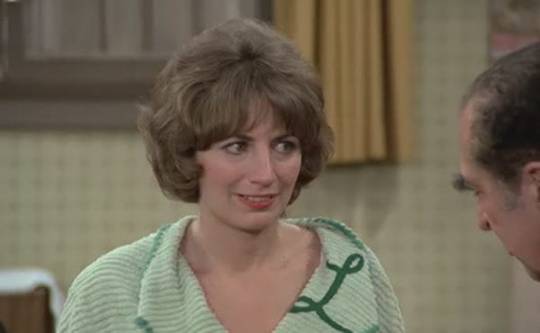
Donald Moffat - actor (1930 - 12/20/2018)
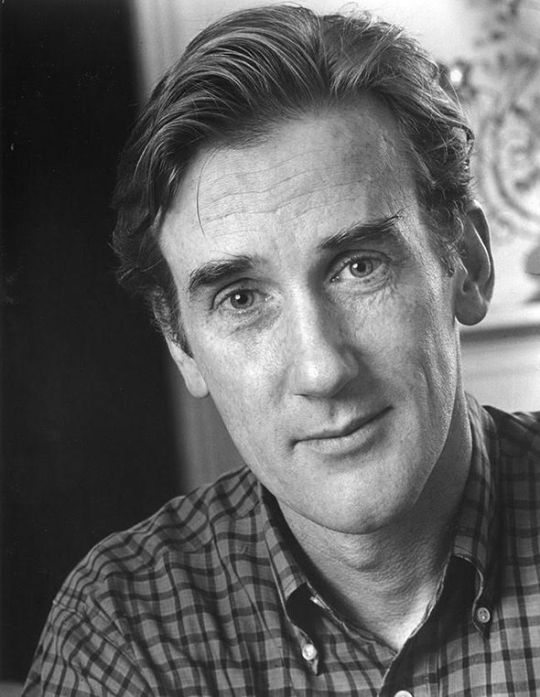
Amos Oz - novelist (1939 - 12/28/2018)
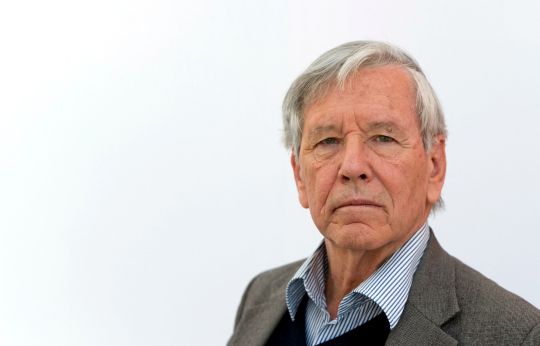
June Whitfield - actress (1925 - 12/28/2018)

Ringo Lam - director (1955 - 12/29/2018)

Don Lusk - animator (1913 - 12/30/2018)
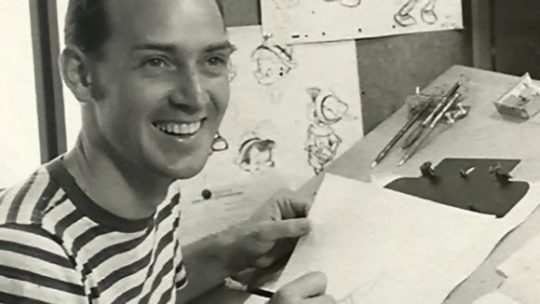
Mrinal Sen - director (1923 - 12/30/2018)

#dannyreviews#in memoriam#2018#Happy New Year#dolores o'riordan#john mahoney#david ogden stiers#stephen hawking#stephane audran#steven bochco#milos forman#r. lee ermey#verne troyer#margot kidder#kate spade#anthony bourdain#xxxtentacion#tab hunter#charlotte rae#aretha franklin#robin leach#burt reynolds#mac miller#will vinton#stan lee#roy clark#stephen hillenberg#bernardo bertolucci#penny marshall
163 notes
·
View notes